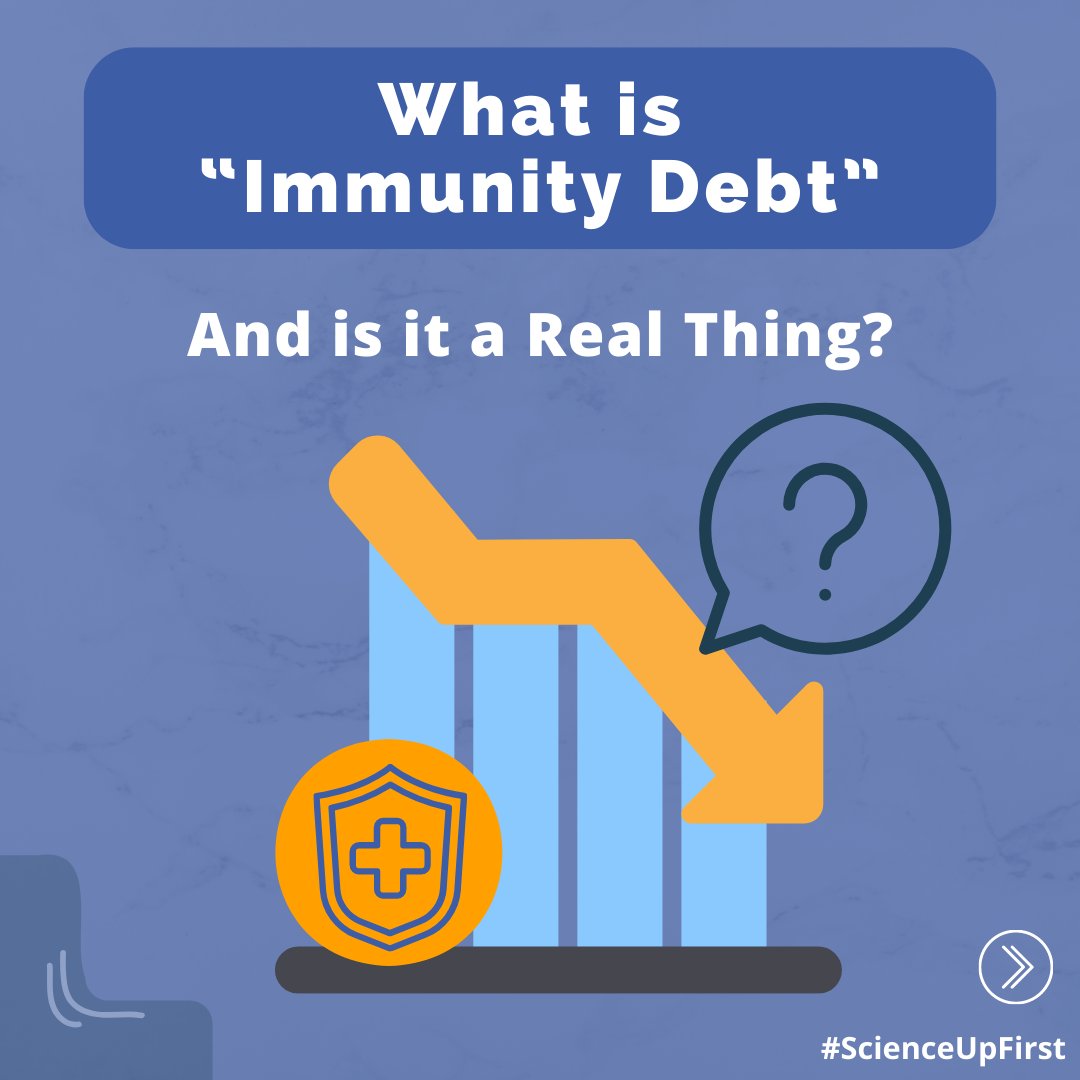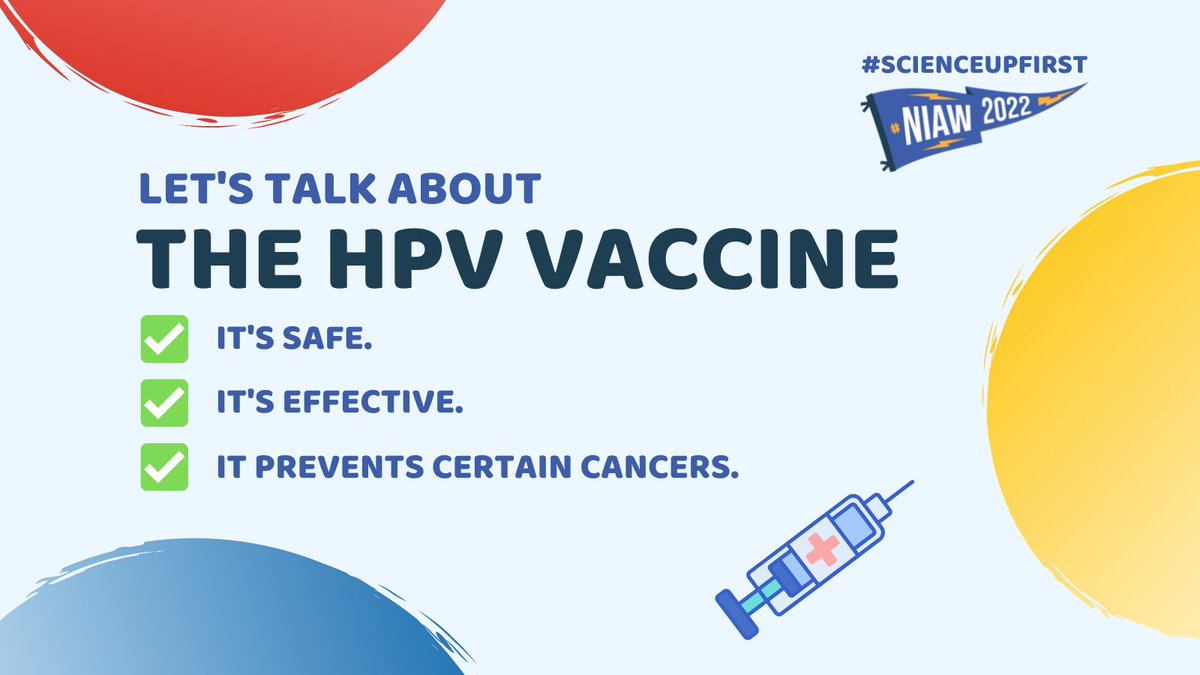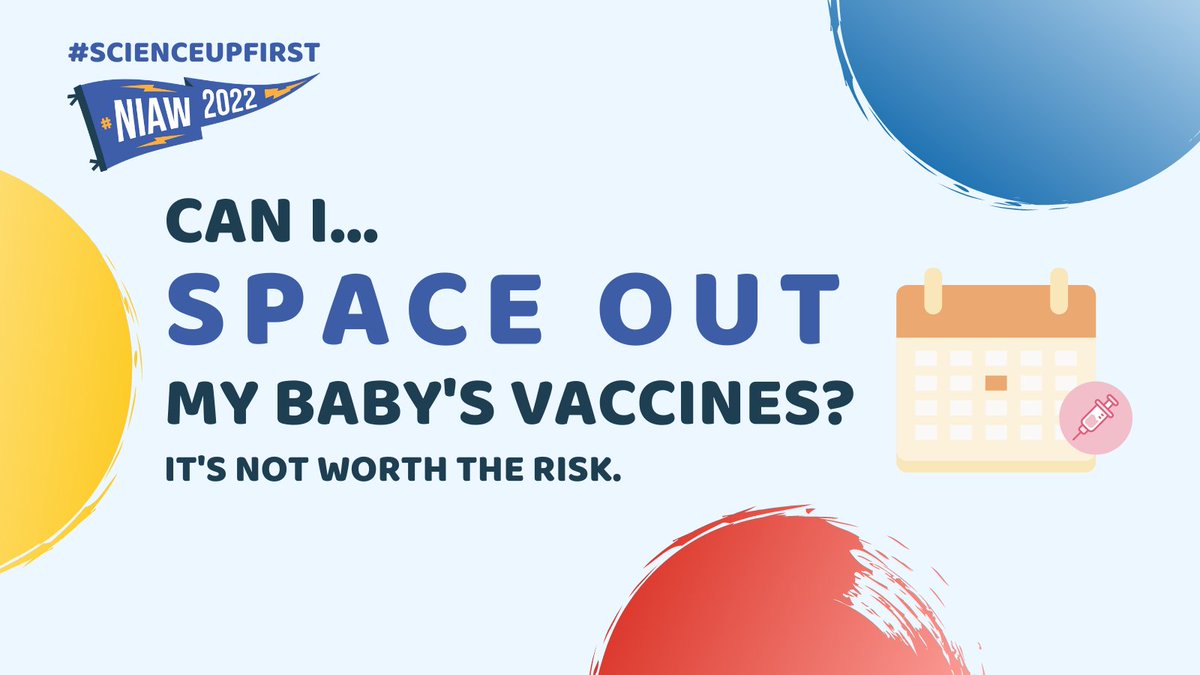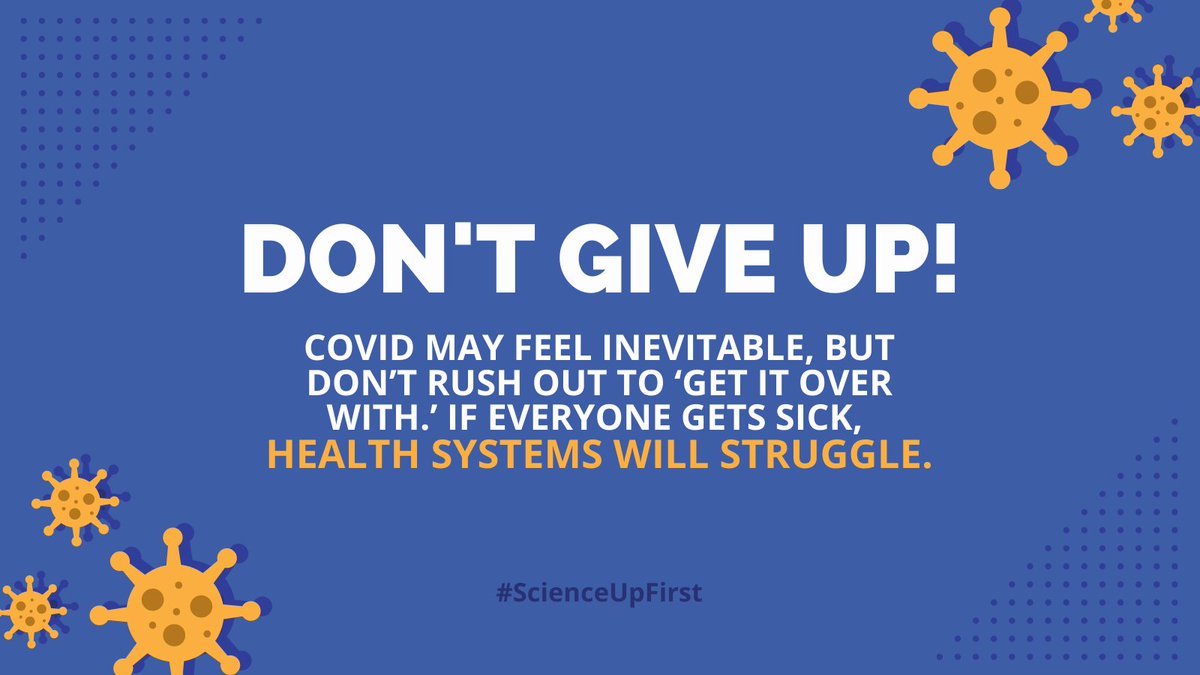
Together against misinformation. #ScienceUpFirst
FR: @LaSciencedAbord #LaSciencedAbord
How to get URL link on X (Twitter) App


 The term “immunity debt'' was coined and first mentioned in an opinion paper published in August 2021.
The term “immunity debt'' was coined and first mentioned in an opinion paper published in August 2021. 
 Some people will experience the “winter blues”: lower mood sets, weight gain, low energy, and persistent fatigue.
Some people will experience the “winter blues”: lower mood sets, weight gain, low energy, and persistent fatigue. 
 Misinformation online is omnipresent, it represent:
Misinformation online is omnipresent, it represent: 
 One of the most common symptoms reported in long COVID patients is fatigue. This can be explained by the low oxygen levels measured in long COVID patients, which can strain the patient’s body.
One of the most common symptoms reported in long COVID patients is fatigue. This can be explained by the low oxygen levels measured in long COVID patients, which can strain the patient’s body. 
 The tobacco industry used this tactic to create confusion around cigarette’s link to lung cancer. This tactic has appeared in climate change, and nuclear disarmament debates.
The tobacco industry used this tactic to create confusion around cigarette’s link to lung cancer. This tactic has appeared in climate change, and nuclear disarmament debates.
 Thimerosal?
Thimerosal?
 HPV = Human Papillomavirus.
HPV = Human Papillomavirus.
 The routine immunization schedule here in Canada was developed for a reason: to provide optimal protection from vaccine-preventable diseases (1).
The routine immunization schedule here in Canada was developed for a reason: to provide optimal protection from vaccine-preventable diseases (1).
 First of all: Are cases really going up?
First of all: Are cases really going up?

 Feelings of isolation (1) and uncertainty due to events outside your control (2) are a recipe for radicalization. It’s no wonder the pandemic has amplified conspiracy theories. 😰
Feelings of isolation (1) and uncertainty due to events outside your control (2) are a recipe for radicalization. It’s no wonder the pandemic has amplified conspiracy theories. 😰
 Part of the mix up comes from a misunderstanding of “adverse events”.
Part of the mix up comes from a misunderstanding of “adverse events”.
 What is an endemic disease? 🤔
What is an endemic disease? 🤔
 Myth: “COVID-19 vaccines created an HIV variant”
Myth: “COVID-19 vaccines created an HIV variant”
 Why bother with masks if you have the vaccine? 💉
Why bother with masks if you have the vaccine? 💉

 Transmission is the passing of a disease-causing pathogen (like a virus) from an infected person to someone else.
Transmission is the passing of a disease-causing pathogen (like a virus) from an infected person to someone else.
 Astroturf? It looks like real grass, but it’s fake.
Astroturf? It looks like real grass, but it’s fake. https://twitter.com/ScienceUpFirst/status/1470798570391576585

 Can I get infected with Omicron again?
Can I get infected with Omicron again?
 How we communicate data influences how others will perceive it.
How we communicate data influences how others will perceive it. 

 Omicron spreads very easily, and hospitalizations are climbing.
Omicron spreads very easily, and hospitalizations are climbing. 